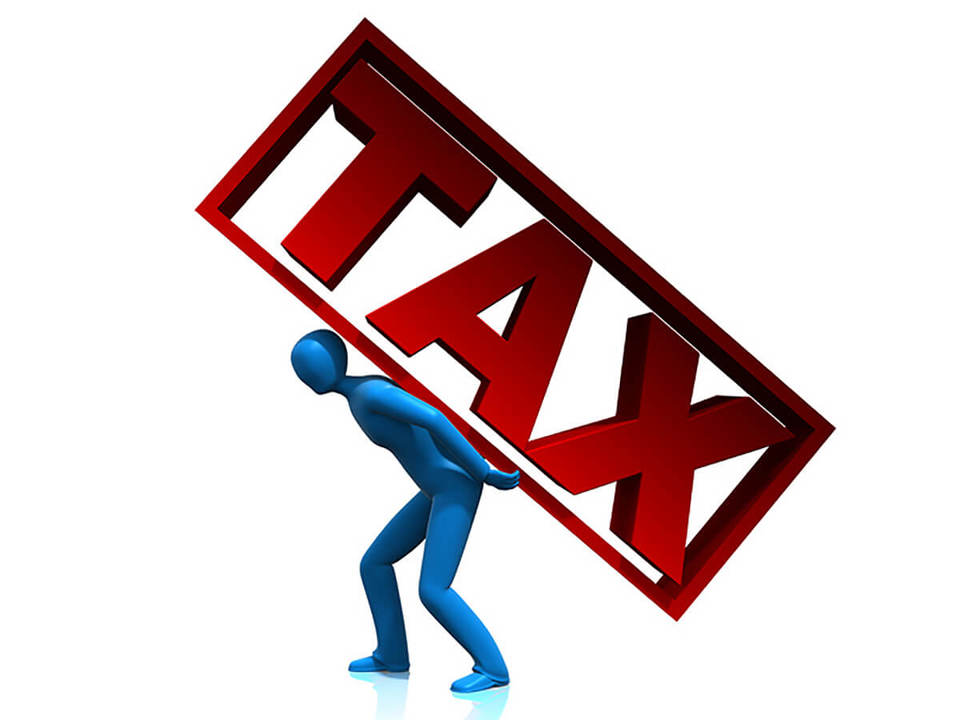Fleets are being urged to future-proof choice lists so they don’t lose out when new tax policies are announced.
ACFO chairman Julie Jenner told Fleet News that, in announcing the new lower rate thresholds for capital allowance and lease rental restrictions, Chancellor George Osborne has given clues about future emission thresholds at which main rate allowances will apply.
She said: “By announcing that the 100% full year allowance (FYA) will be extended to March 31, 2018, with the CO2 threshold reduced to 75g/km from April 1, 2015 (95g/km in 2013/14), it seems certain that the main 18% capital allowance threshold will reduce to 76g/km from 96g/km.
“While we do not know what the 18% upper emissions threshold will be in the future, it is likely to reduce to perhaps 100g/km or 110g/km (130g/km in 2013/14).
“Simultaneously, we can expect the upper 8% capital allowance emissions threshold to also tighten to perhaps 101g/km or 111g/km from 131g/km in 2013/14.
“Additionally, it is likely that the lease rental restriction emissions threshold, which is linked to the 18% capital allowance rate (130g/km in 2013/14), will similarly reduce.”
ACFO said it was pleased that the Chancellor’s announcement seemed to suggest that rates and thresholds will not change over the next two years, giving a degree of stability.
“However, the fact that the Chancellor has indicated his future intentions sends a clear signal to fleet managers to future-proof their company car choice lists in terms of opting for low emission vehicles or face the consequences of higher tax bills,” continued Jenner.
Currently the only cars meeting the 75g/km FYA emissions level are electric vehicles, plug-in hybrids and range-extenders.
The closest non-EV based vehicle is the Yaris Hybrid at 79g/km, while the nearest diesel is the Hyundai i20 1.1-litre at 84g/km.
Hyundai-Kia powertrain manager Joachim Hahn believes that the big reductions in CO2 emissions have already been achieved, raising question marks over the opportunity for fleets to dip under the 2015 threshold.
“Manufacturers have met the European legislation requirements so there is little motivation for them to continue making big step changes,” he said.
Hahn also points to the Euro 6 and Euro 7 legislation which puts the emphasis on other particulate emissions such as NOx.
Action to reduce particulates will have a detrimental impact on fuel efficiency and, therefore, CO2 emissions. This will be the next big challenge for manufacturers: how to cut particulates without increasing CO2.
The Chancellor’s U-turn over the tax treatment of ultra-low emission vehicles was also welcomed after he announced that, from April 2015, two new tax bands will be introduced, at 0-50g/km and 51-75g/km.
Cars in the 0-50g/km band will have BIK of 5% in 2015-16, and 7% in 2016-17. The 51-75g/km CO2 band will be taxed at 9% in 2015-16 and 11% in 2016-17.
In 2017-18, there will be a three percentage point difference between the 0-50g/km and 51-75g/km bands, and between the 51-75g/km and 76-94g/km band. In 2018-19 and 2019-20, both differentials will reduce to two percentage points.
The introduction of the two new bands reverses the benefit-in-kind tax hike on electric vehicles from 0% to 13% which would have happened in 2015/16.
David Brennan, managing director of LeasePlan UK, said: “Nonetheless, costs relating to company car tax are still increasing for employer and employee. This makes it all the more important for fleet managers to adopt a wholelife costs perspective when planning their fleet.”
Forward planning is hampered by the fact that the chancellor has decided not to reveal company car tax rates four years in advance.
In Budget 2012, fleets were given sight of company car tax rates up to 2016/17 – allowing employees and businesses that lease cars over a 48-month period to understand the tax implications of the vehicle throughout its lifetime.
Choosing to commit to announcing them only three years in advance means that company car drivers on a 48-month lease will now not know tax implications in the fourth year.
This also impacts on company National Insurance Contributions, which are similarly based on the CO2 tax band.
A Treasury spokesman said: “At Budget 2012, the Government provided company car tax rates up to 2016-17. Budget 2013 confirms that Government will continue to provide advance notice of company car tax rates, giving industry confidence that they will always have at least three years advance notice.”





















Login to comment
Comments
No comments have been made yet.